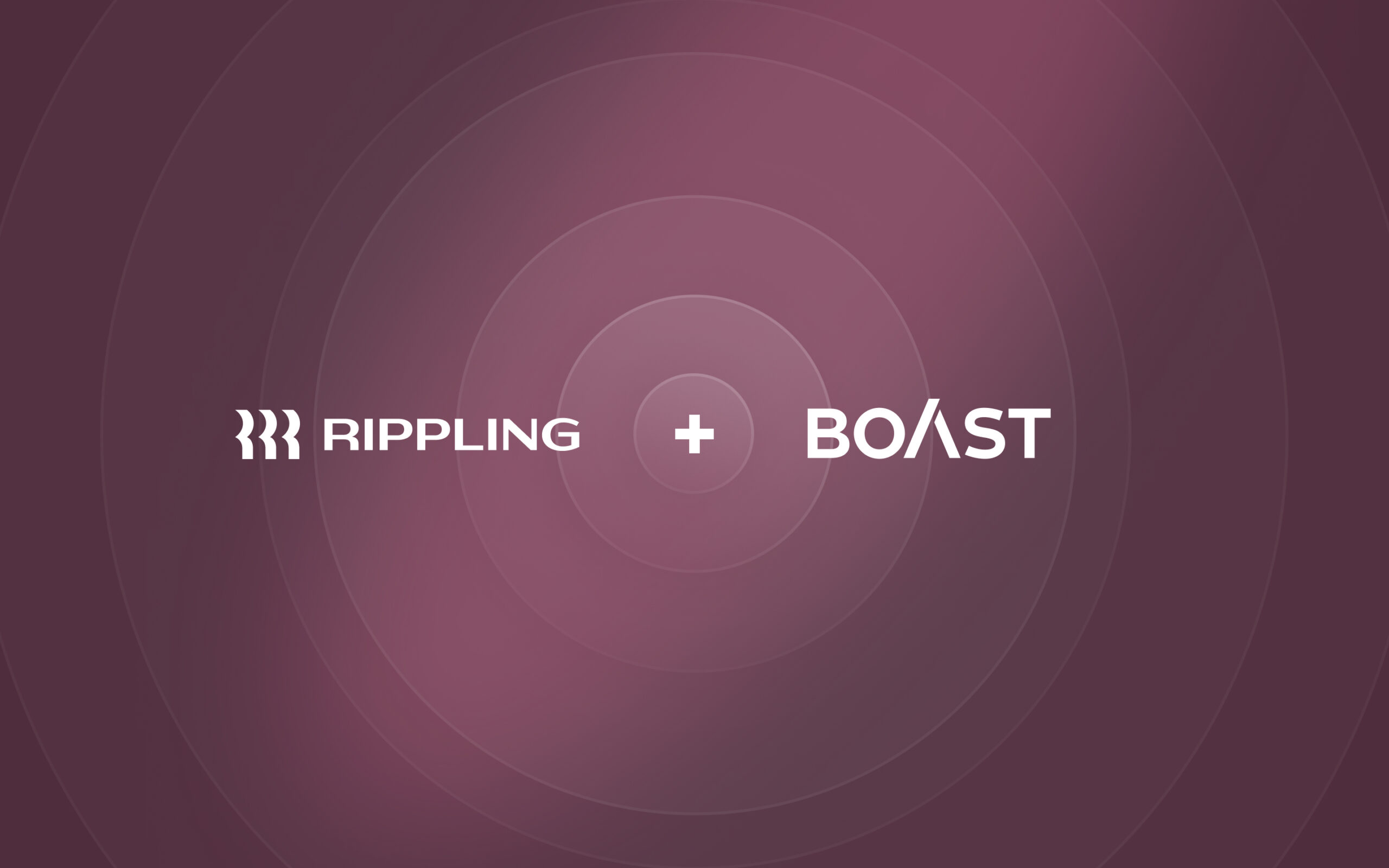Compensation Survey: What it is, why it matters, and how to conduct one

Having up-to-date salary data is a top priority for informed compensation planning. Accurate salary information supports effective compensation strategies, helps attract and retain top talent, and ensures that pay practices remain competitive and equitable. Compensation surveys play a critical role in gathering this salary survey data.
Here's what organizations need to know about what compensation surveys are, their importance, and how you can benefit from using them.
What is a compensation survey?
A compensation survey report is a tool used to gather and analyze data on compensation practices across various organizations and industries. Its primary purpose is to provide benchmark data that helps companies understand how their compensation packages compare to those offered by other employers. This data includes details on base salaries, salary ranges, working hours, allowances, benefits, and merit increases.
Compensation surveys follow a standard step-by-step process:
- Data collection: Surveys collect data from organizations regarding employee compensation information. The data collection process is conducted through direct questionnaires, online forms, or data submissions.
- Data analysis: Next, the collected data is analyzed to identify trends, averages, and ranges for various compensation components.
- Reporting: Finally, the results are compiled into compensation reports that offer insights into comprehensive benchmarks and industry standards.
The compensation survey data you collect will then typically be categorized into the following types:
- Base salaries: This is the fixed amount of cash compensation paid to employees, excluding bonuses, commissions, or benefits.
- Salary ranges: This is the spectrum of pay rates for specific job roles, including minimum, median, and maximum salaries.
- Working hours: This is information on average working hours and overtime practices.
- Allowances and benefits: These are details on additional perks such as housing allowances, transportation, and benefits from healthcare providers.
- Merit increases: This is data on how performance-based salary increases are applied.
Compensation surveys are comprehensive tools that provide employers with limitless insights, making it easy to see why participating in compensation surveys and leveraging data are invaluable practices for remaining competitive.
Why are compensation surveys important?
Data from compensation surveys can effectively shape how your organization hires employees and negotiates salaries. Objective data like this helps organizations stay competitive while compensating their employees appropriately.
Compensation surveys assist a large number of vital tasks, such as:
- Setting competitive salaries: Compensation surveys provide crucial data for aligning employee salaries with industry standards. Data helps organizations adjust their pay scales to remain competitive in attracting and retaining talent. Surveys are also useful for establishing pay ranges—also known as compensation bands—that reflect current market conditions, ensuring that salaries are neither too high nor too low.
- Developing fair compensation strategies: Surveys help organizations develop compensation strategies that are fair and equitable across different roles and levels within the organization. Survey data ensures that salaries for similar roles within the company are consistent with industry standards, promoting fairness and transparency.
- Attracting and retaining top talent: Competitive salaries based on up-to-date data attract skilled professionals who are in high demand. Fair and competitive compensation practices also contribute to employee satisfaction and retention, reducing turnover and the associated costs.
- Impact of accurate salary data: Accurate statistics provide data-driven insights for making strategic compensation decisions, helping companies remain competitive and attract top talent. Objective information facilitates better salary negotiations by providing a clear understanding of what constitutes fair compensation in the market.
Compensation survey data is useful for both employers and employees because it gives everyone a glimpse at industry practices and an opportunity to understand their worth.
Additionally, survey data helps organizations stay equipped to make accurate predictions for future payroll and compensation programs to attract top talent, potentially increasing productivity while reducing employee turnover.
How to conduct a compensation survey
Conducting a compensation survey is a multi-step process that requires a high level of accuracy. The strength of your results is exclusively based on the reliability of your data, so standardizing your strategies using the steps below is an important element of effective collection.
1. Define objectives
Clearly define the survey's objectives, such as understanding market pay rates, comparing benefits, or evaluating compensation practices. Decide which job roles and industries will be included in the survey to ensure relevant and comprehensive data. Most organizations focus on key roles that are usually highly compensated.
2. Design the survey
Develop a structured questionnaire or survey tool that covers all relevant compensation components. Many premade tools are available for this specific purpose, and you’ll need to choose a tool that suits your organization's needs. Tailor the survey to address specific needs and industry standards.
3. Select participants
Choose a diverse range of organizations representing the industry and job roles of interest. Consider offering incentives for participation to increase response rates. Some organizations will participate or even offer to collaborate for data-sharing purposes.
4. Collect data
Use online surveys, telephone interviews, data collection tools, or direct data submissions to gather participant information. At this stage, assure survey participants that their responses will be confidential to encourage honest and accurate reporting.
You can also consult private market databases that gather and publicize compensation data across different roles and locations.
5. Analyze data
Compile and process the collected data to identify trends and benchmarks using statistical methods to analyze salary ranges, averages, and other compensation metrics.
Always remember that geography is an important factor that may skew your data. When analyzing data, consider the cost of living and average annual income within an organization's immediate area.
6. Generate reports
Prepare detailed survey reports summarizing the findings, including data visualization tools such as graphs and charts. These reports should provide clear interpretations of the data and insights into how the findings can be applied. Once you better understand what your data shows, you can revisit your compensation strategies to determine how your new insights should shape your future policies.
7. Review and adjust
Obtain feedback from stakeholders on the survey results and adjust compensation strategies as needed. Regularly review and update compensation practices based on new market data.
Use your survey results to optimize your compensation strategy
Now that you’ve completed an effective compensation survey, you can consider these tips to implement it into a successful compensation benchmarking strategy:
- Use multiple data sources: Incorporate data from various sources such as industry reports, compensation consulting firms, private market databases, and publicly available data to ensure accuracy and comprehensiveness.
- Ensure data accuracy: Verify the accuracy of the collected data through cross-checking and validation processes.
- Regular updates: Update compensation data regularly to reflect current market conditions.
- Maintain consistency: Use consistent data collection and analysis methods to ensure reliable and comparable results.
- Document procedures: Document the survey design, data collection methods, and analysis procedures for transparency and consistency.
- Engage stakeholders: Involve key stakeholders such as human resources professionals, compensation managers, and industry experts in the survey design and analysis process.
- Communication: Clearly communicate the purpose and benefits of the survey to participants and stakeholders.
- Leverage technology: Use advanced survey tools and data analytics software to streamline data collection and analysis.
- Data integration: integrate survey data with other workforce management systems, like headcount planning software, for comprehensive compensation analysis.
- Focus on key metrics: Prioritize key compensation metrics such as base salary, bonuses, benefits, and merit increases to provide a complete picture of compensation practices.
Markets fluctuate constantly, especially when technological advancements or consumer interests shift an organization's goals. Plan to revisit the compensation survey process when appropriate by creating a schedule for collecting, reviewing, and updating compensation data to help your organization remain competitive.
How do organizations benefit from using compensation surveys?
Organizations receive numerous direct benefits from utilizing compensation surveys. These rich sources of insight help organizations design sustainable strategies for obtaining and maintaining productive innovators and increasing employee satisfaction.
1. Enhanced compensation strategies
Compensation surveys enable organizations to develop compensation strategies based on accurate and up-to-date data, aligning pay practices with industry standards. They’re invaluable for maintaining a competitive edge in the talent market by offering salaries and benefits that attract and retain top talent.
2. Improved employee retention
Well-leveraged survey data ensures that compensation practices are fair and equitable, contributing to higher employee satisfaction and lower turnover rates.
Surveys support the development of effective retention strategies by understanding compensation trends and adjusting practices accordingly. Your employees won't feel the need to shop around for equitable pay from your competitors when they know they're not being lowballed or undervalued.
3. Informed budgeting and planning
Compensation surveys provide data for budgeting and planning compensation expenditures, ensuring that financial resources are allocated effectively. Survey data assists organizations by forecasting future compensation needs, making strategic adjustments to compensation structures, and setting thoughtful headcount plans.
4. Compliance and risk management
Compensation surveys help ensure compliance with legal and regulatory requirements related to compensation and equal pay. Many states are reviewing or implementing statewide equitable pay and pay transparency laws, and as an employer, you'll be expected to comply with salary-related laws that impact your organization.
Readily available and easily interpretable data reduces the risk of compensation-related disputes and challenges by maintaining fair and transparent pay practices.
5. Benchmarking and performance management
Compensation survey data provides benchmarks for evaluating employee performance and determining merit increases and bonuses. Organizations gain the necessary insights to compare their compensation practices with industry peers and make necessary adjustments. Organizations use their compensation survey data to adjust salary ranges and compensation packages to remain competitive in their industries.
While conducting a compensation survey is a laborious process, the result is undeniably worthwhile. The data your organization collects and interprets is perfectly suited for sharpening your competitive edge and building a successful future.
How are compensation surveys designed and collected?
Designing and collecting a compensation survey is a lengthy and technical process requiring high accuracy. Once you've established a consistent data collection and interpretation system, future compensation surveys will likely be easier.
1. Survey firms
Professional survey firms design and administer compensation surveys, ensuring rigorous methodology and accurate data collection. Firms develop survey instruments, manage data collection, and provide detailed reports and analyses.
2. Data algorithms and aggregators
Data algorithms and aggregators compile and analyze compensation data from multiple compensation data providers and compensation survey companies. Algorithms are designed to process large volumes of data, identify trends, and provide comprehensive benchmarking salary reports. Automation tools are built to analyze a salary survey in seconds.
3. Industry associations
Industry associations often conduct compensation surveys specific to their sectors and provide valuable data to their members. Industry associations collect industry-specific data, offer benchmarking reports, and share insights on compensation trends.
4. Publicly shared data sources and government sources:
Government agencies and publicly available data sources provide compensation data that can be used for benchmarking. Government surveys offer data on compensation practices, industry standards, and labor market trends. You can access Bureau of Labor Statistics surveys for free online.
5. Proxy statements or Charity 990 forms
Proxy statements and Charity 990 forms provide information on executive compensation and salary practices for public and nonprofit organizations. Statements share detailed compensation data for key executives and staff, which is useful for comparative analysis. Proxy statements and Charity 990 forms are among the easiest ways to obtain compensation data.
6. Compensation consulting firms
Compensation consulting firms offer specialized expertise in designing and implementing compensation surveys. Organizations with the budget to outsource compensation surveys sometimes use consulting firms to perform survey work on their behalf. These firms can provide consulting services, develop custom surveys, analyze data, and recommend compensation strategies.
Whether you decide to conduct a compensation survey on your own or use a consulting firm should depend on your industry and goals. Nonprofits and charitable organizations can typically find everything they need through public filings. If sourcing information on your own feels like a massive undertaking, you can always receive outside assistance from a consulting firm.
Manage compensation with confidence
Implementing compensation surveys is vital for organizations aiming to make informed, competitive, and fair compensation decisions. By understanding what compensation surveys are and how they work, organizations can leverage this valuable data to enhance their compensation strategies, attract and retain top talent, and maintain industry competitiveness.
The good news: you don’t have to gather pay data alone. Thanks to Rippling and its integrations with Carta, you can access the world’s largest private-market database of salary and equity benchmarks across more than 40,000 startups, helping companies set competitive and equitable pay bands no matter the job.
And once you conduct surveys, Rippling’s Compensation Bands tool lets you set and enforce different pay ranges for employees across different roles. From a single dashboard, recruiters, managers, executives, and finance teams can see an employee’s job family, seniority level, and all their different forms of compensation, including salary, equity compensation, and bonuses, ensuring everyone is aligned on how much they can pay new hires. Book a demo with Rippling to learn how our tools keep you organized, productive, and informed.
This blog is based on information available to Rippling as of August 13, 2024.
Disclaimer: Rippling and its affiliates do not provide tax, accounting, or legal advice. This material has been prepared for informational purposes only, and is not intended to provide or be relied on for tax, accounting, or legal advice. You should consult your own tax, accounting, and legal advisors before engaging in any related activities or transactions.





